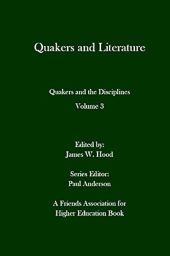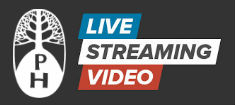Synopsis
For the majority of the more than 350 years of the Society of Friends, Quakers regularly denounced imaginative literature and the arts as at best frivolous and at worst morally depraved. A fundamental friction seems to lie between the Quaker testimonies of simplicity and integrity and the carnivalesque spirit that infuses artistic representation. The essays in this book, however, engage that tension and carefully consider questions surrounding the relationship between Quakerism and the literary, in its multiple forms.
From considerations of early Quaker spiritual writings to explorations of Quaker novelists and poets, from historical examinations of literature and peace movements to pedagogical discussions about teaching drama and memoir in a Quaker-ly manner, the essays in this volume ponder the complex nexus of Quakerism and imaginative literature. These wide-ranging articles address the spiritual, poetic, fictional, and autobiographical work of writers like John Woolman, Mary Neale, Susanna Morris, Virginia Woolf, Jessamyn West, Thomas Kelly, Helen Morgan Brooks, Joan Slonczewski, Rex Stout, Mohandas Gandhi, Dorothy Day, and Marian Wright Edelman. Taken together, the essays suggest that Quakers have a particularly valuable vantage point from which to comprehend the ethical import of such texts.
Volume 3 of the Friends Association for Higher Education’s “Quakers and the Disciplines” series.






